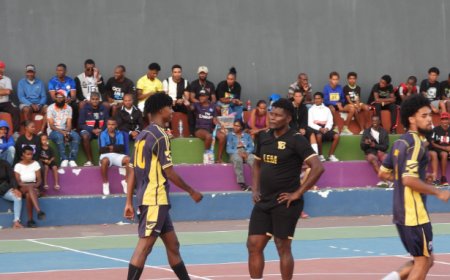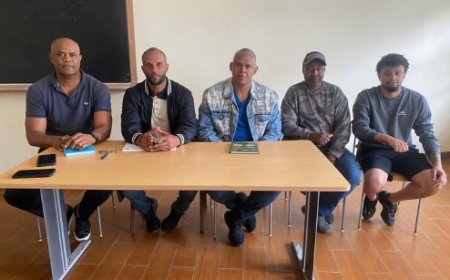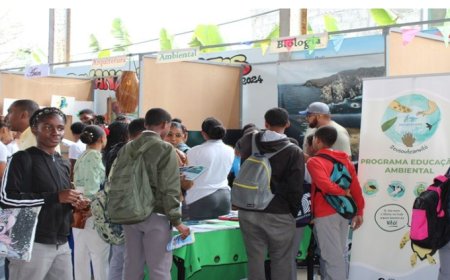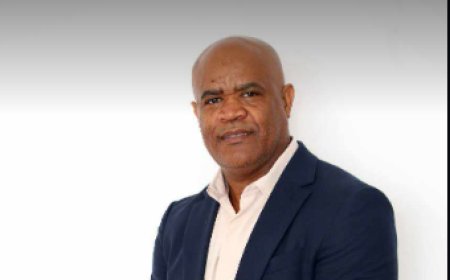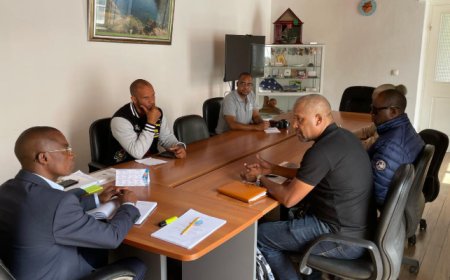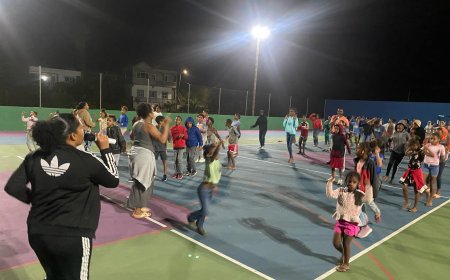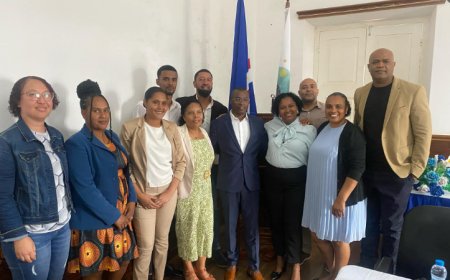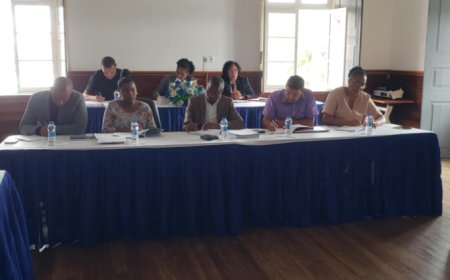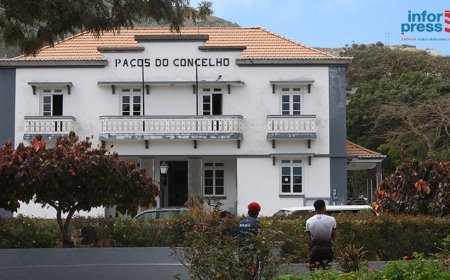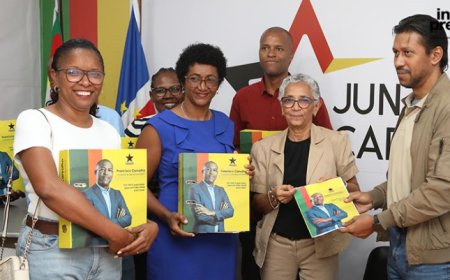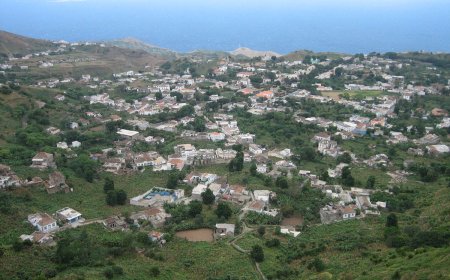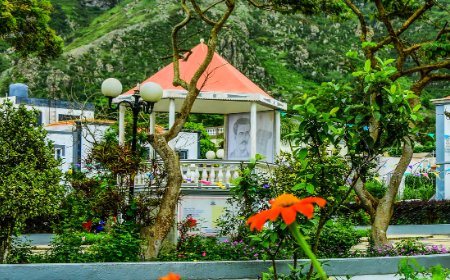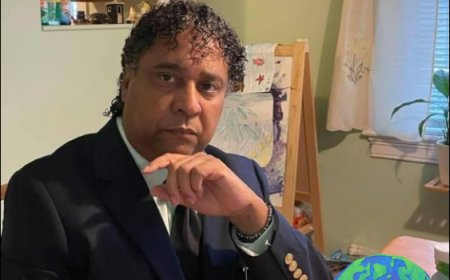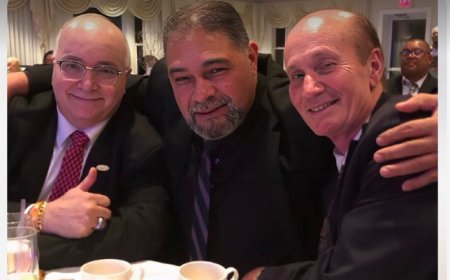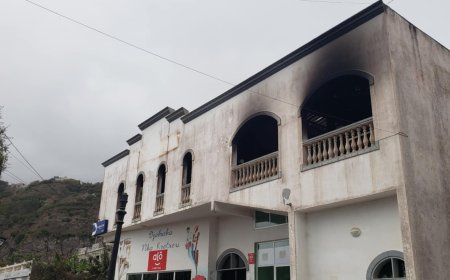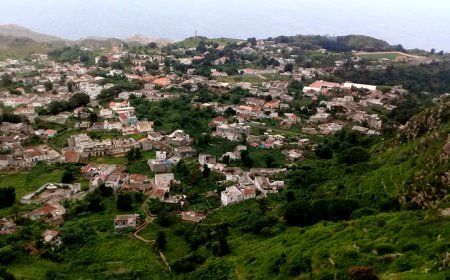Brava: CNE trains Brava citizens in electoral matters
The National Elections Commission (CNE) started this afternoon a two-day training action for voters in Brave, with a focus on materializing their training in electoral matters.
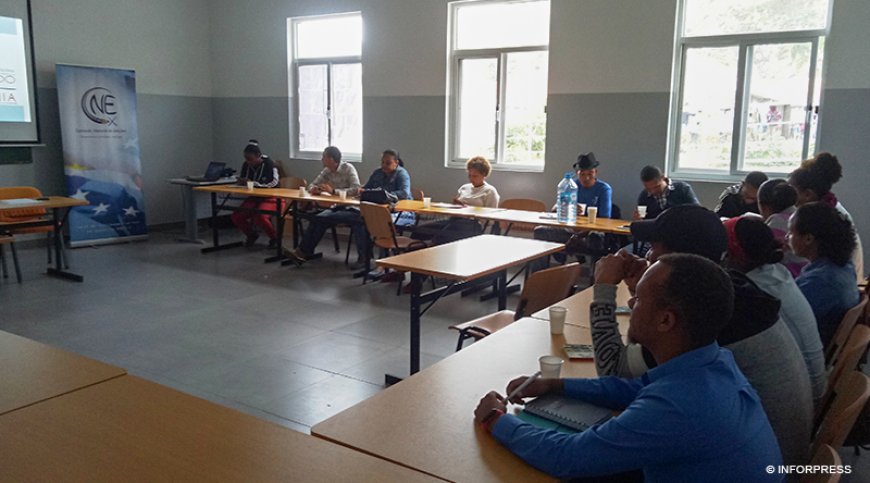
The National Elections Commission (CNE) started this afternoon a two-day training action for voters in Brave, with a focus on materializing their training in electoral matters.
The fundamental objective of this training, according to Vlademiro Furtado, employee of the National Elections Commission, is to train, raise awareness and train voters to carry out their voting rights and duty in the best possible way.
According to him, the electoral abstention rate has been increasing from election to election, hence the CNE decided to create a training program aimed at voters, in order to sensitize them and demonstrate the importance of civic participation in the election in Cape Green.
With this training, Vlademiro Furtado said that the participants will understand that the participation of citizens is as important as the participation of politicians or candidates.
But, he added that for that, it is necessary that citizens internalize that they must do their part, and a better way to do it is through participation in the election.
During the two days, the trainees will pass on fundamental concepts that have to do with electoral matters and citizenship, electoral law, where they will learn about electoral rights in Cape Verde, what voting means and the importance of it.
They will also have the opportunity to get to know or deepen their knowledge in the area of sources of electoral law, namely legal documents, such as the Electoral Code, Constitution of the Republic, legal regime of political parties, CNE deliberations, in addition to getting to know the concept of democracy and citizenship, and what relationship can be established between these two concepts.
Vlademiro Furtado pointed out that many times, citizens see the part of citizenship only in the part of the rights, not the side of the duties.
With this training action, they will work towards citizens discovering and starting to recognize the importance of citizenship and that they start to assimilate a “strong notion” of citizenship from the point of view of civic duties.
One fact that left the trainer “very satisfied” was finding the room full, thus having to divide it into two classes.
For the same source, this means that, contrary to what they are hearing, citizens, “mainly” young people and women, are interested in civic life.
What is missing, and what is important according to him, is to do some homework and get them to instill the fundamental values and principles of democratic living.
inforpress





